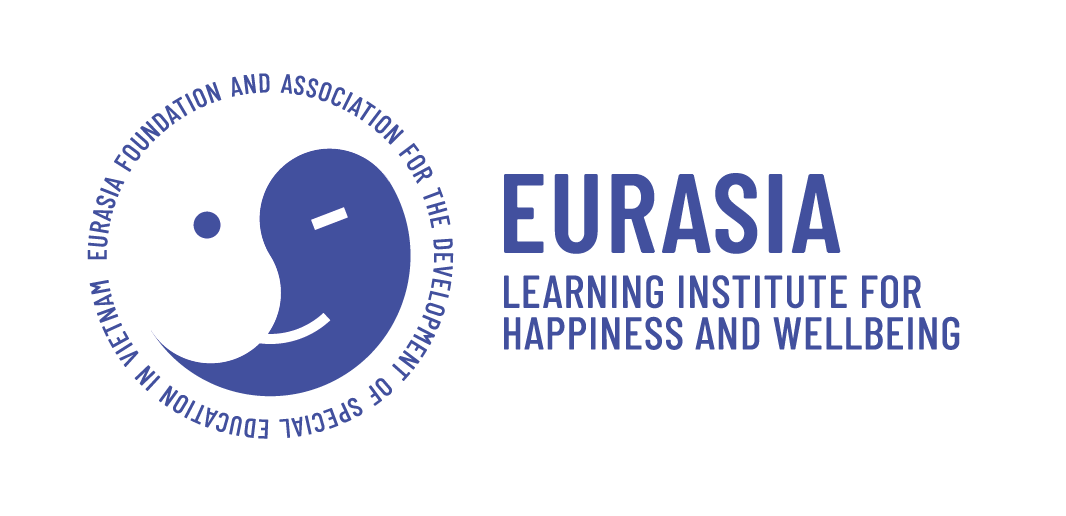Gross National Happiness: A New Development Paradigm
“Gross National Happiness is more important than Gross National product”
With this famous declaration made in the 1970s, Jigme Singye Wangchuck, the 4th King of Bhutan challenged conventional, narrow and materialistic notions of human progress, and highlighted the inadequacy of GDP to measure equitable and meaningful development. He realized and declared that the existing development paradigm – GDP – did not consider the ultimate goal of every human being: happiness.
Old Wisdom for a Modern Age!
Since this time, this pioneering vision of GNH has guided Bhutan’s development and policy formation. Unique among the community of nations, it is a balanced ‘middle path’ in which equitable socio-economic development is integrated with environmental conservation, cultural promotion and good governance.
The Folly of the GDP Obsession
The folly of an obsession with GDP, as a measure of economic activity which does not distinguish between those activities that increase a nation’s wealth and those that deplete its natural resources or result in poor health or widening social inequalities is so clearly evident. If the forests of Bhutan were logged for profit, GDP would increase; if Bhutanese citizens picked up modern living habits adversely affecting their health, investments in health care systems would be made and GDP would increase. All of these actions could negatively affect the lives of the Bhutanese people yet paradoxically would contribute to an increase in GDP.
The intuitive guiding principle of Gross National Happiness led to practical conceptualization. The foundation is made of four pillars:
Happiness Skills
The GNH framework seeks to find a balance between the outer and the inner conditions leading to happiness and wellbeing. Seeing happiness as a skill is a relatively new and unusual idea in current western culture, but most traditional wisdom traditions, from ancient Greek Philosophy to Asian spirituality have shared this vision and developed methods to cultivate the inner qualities leading to happiness. However, there is now a strong convergence between traditional contemplative wisdom and the latest scientific findings – especially in the field of neuroscience – that allows a better understanding of the way we can train the mind to enhance inner qualities such as mindfulness, compassion and altruism, and how these abilities have a strong correlation with happiness and wellbeing. In the field of education, there is a growing awareness of the need to complement intellectual and academic skills with Social and Emotional Learning (SEL) and with the training of attention: Mindfulness practices.
